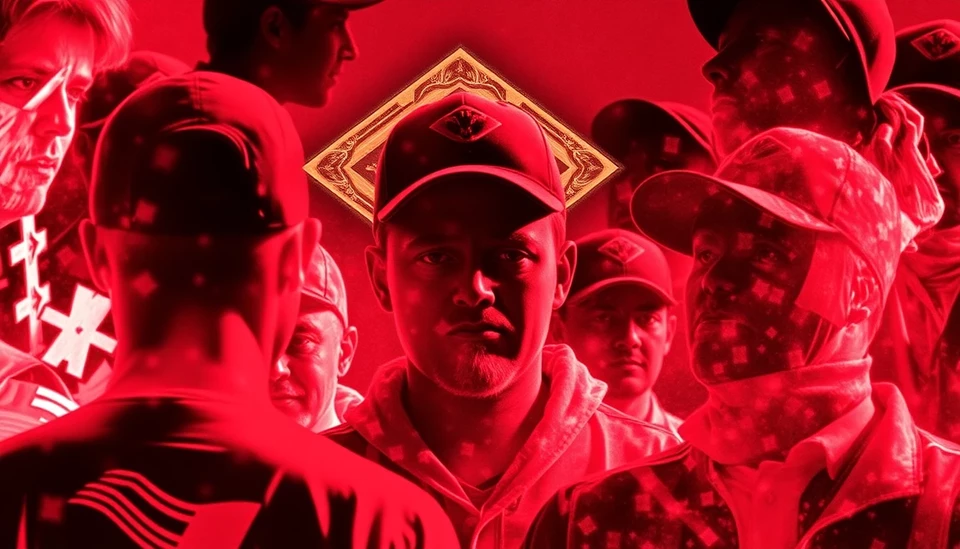
In a shocking revelation, Brazil's most notorious drug gang, known as the Primeiro Comando da Capital (PCC), is now facing scrutiny not just for its illegal narcotics operations but also for its alleged involvement in sophisticated fintech schemes. This investigation illuminates a treacherous intersection between organized crime and modern financial technology, raising concerns about the far-reaching implications for the Brazilian economy and society.
The PCC, infamous for its extensive drug trafficking network, has adapted to economic challenges by diversifying its operations into the digital realm. Authorities have identified a series of fintech frauds tied to the group, with reports suggesting that they have employed fraudulent methods to siphon millions from unsuspecting victims through deceptive investment schemes. This pivot to the digital landscape signifies a worrying trend where traditional criminal enterprises embrace technology to perpetrate their illicit activities.
Police raided numerous locations linked to the PCC, uncovering not only drugs but also a sophisticated network of fake financial businesses designed to exploit both individuals and the broader financial sector. The raids were part of a larger operation aiming to dismantle the group's financial infrastructure. Investigators revealed that the gang has been using these fintech platforms to launder drug money, thus integrating their criminal proceeds into the legitimate economy.
Experts in the field suggest that technology has provided criminals a new toolkit, making it easier to obscure the origins of their funds while reaching broader audiences. "This is a clear indication of how criminal organizations are evolving," remarked a finance crime analyst. "By adapting to modern financial technologies, they are not only managing to evade traditional law enforcement strategies but also posing serious threats to financial stability."
The financial technology boom in Brazil has attracted numerous legitimate investments, but it has also become a playground for illicit activities. The current scenario presents a dual challenge for regulators and law enforcement who must now not only combat drug trafficking but also monitor and manage the emergence of fintech innovations that can be co-opted by criminals.
Brazillian authorities are now under pressure to tighten regulations around fintech operations to safeguard against infiltration by organized crime. This development has triggered discourse around the need for enhanced collaboration between financial institutions and law enforcement. With the stakes at such a high level, clear policies and strategic oversight are deemed essential to maintain financial integrity.
As the investigations continue, it is evident that the evolution of crime in Brazil is creating urgent challenges that require immediate attention. The possible ramifications of allowing criminal elements to embed themselves within financial systems could compromise not only public safety but also economic stability across the country.
In conclusion, the intertwining of the Brazilian drug trade with fintech operations marks a significant shift in criminal tactics, emphasizing the need for proactive measures by authorities to address this complex issue. The outcome of these investigations could set important precedents for how similar cases are handled globally.
#Brazil #PCC #FintechFraud #OrganizedCrime #MoneyLaundering #DrugTrafficking #FinancialRegulation #CriminalJustice
Author: Rachel Greene




